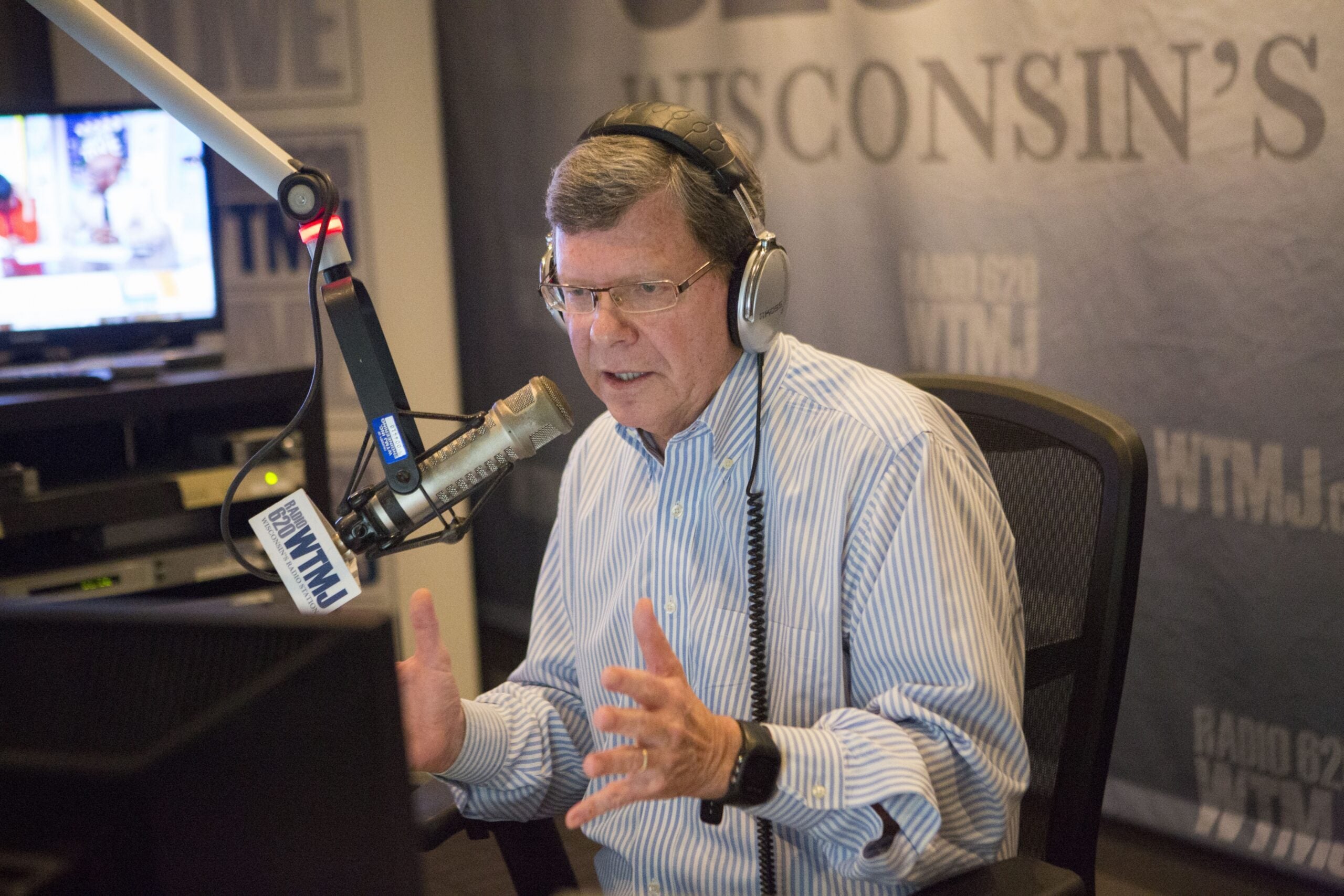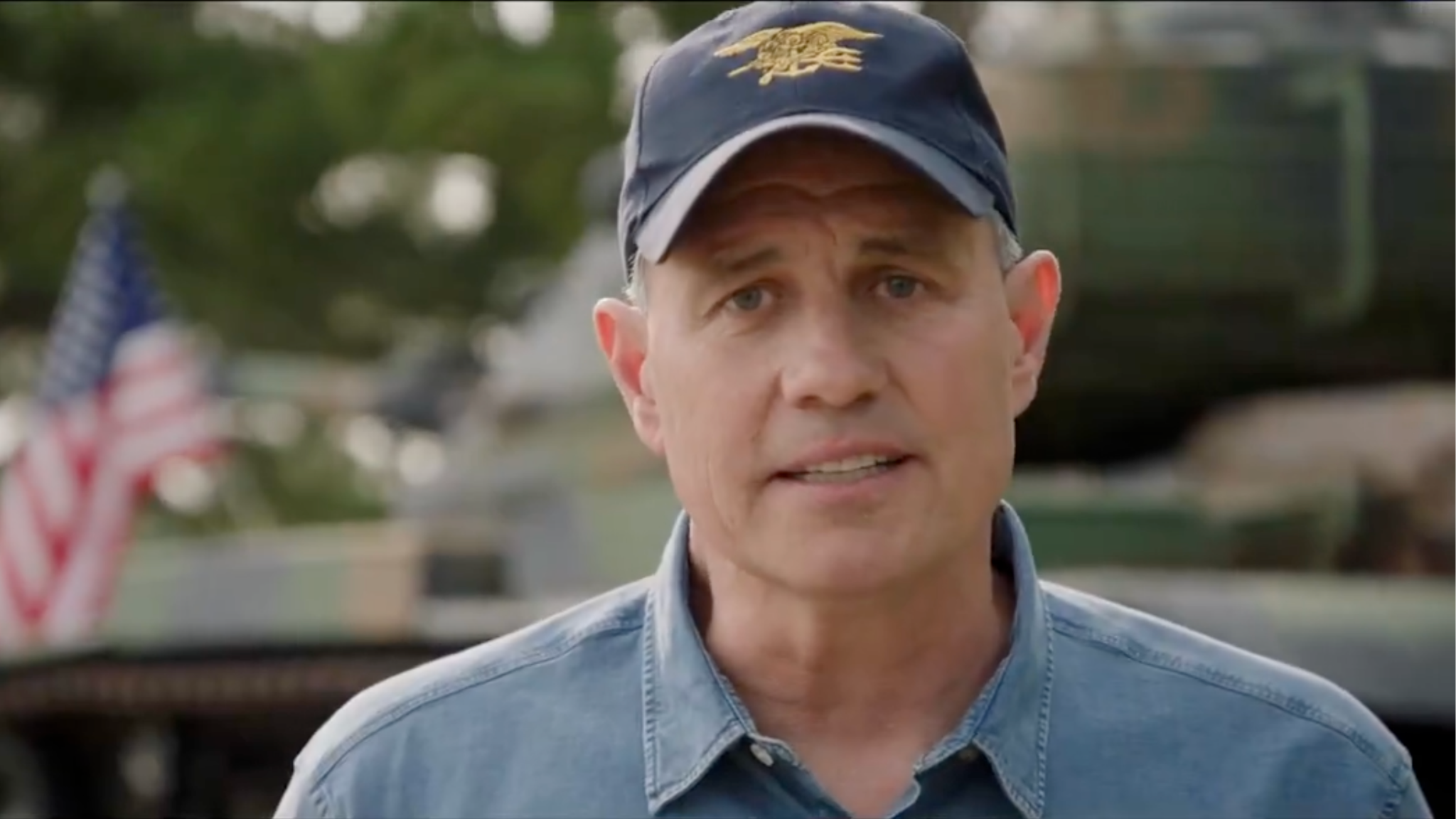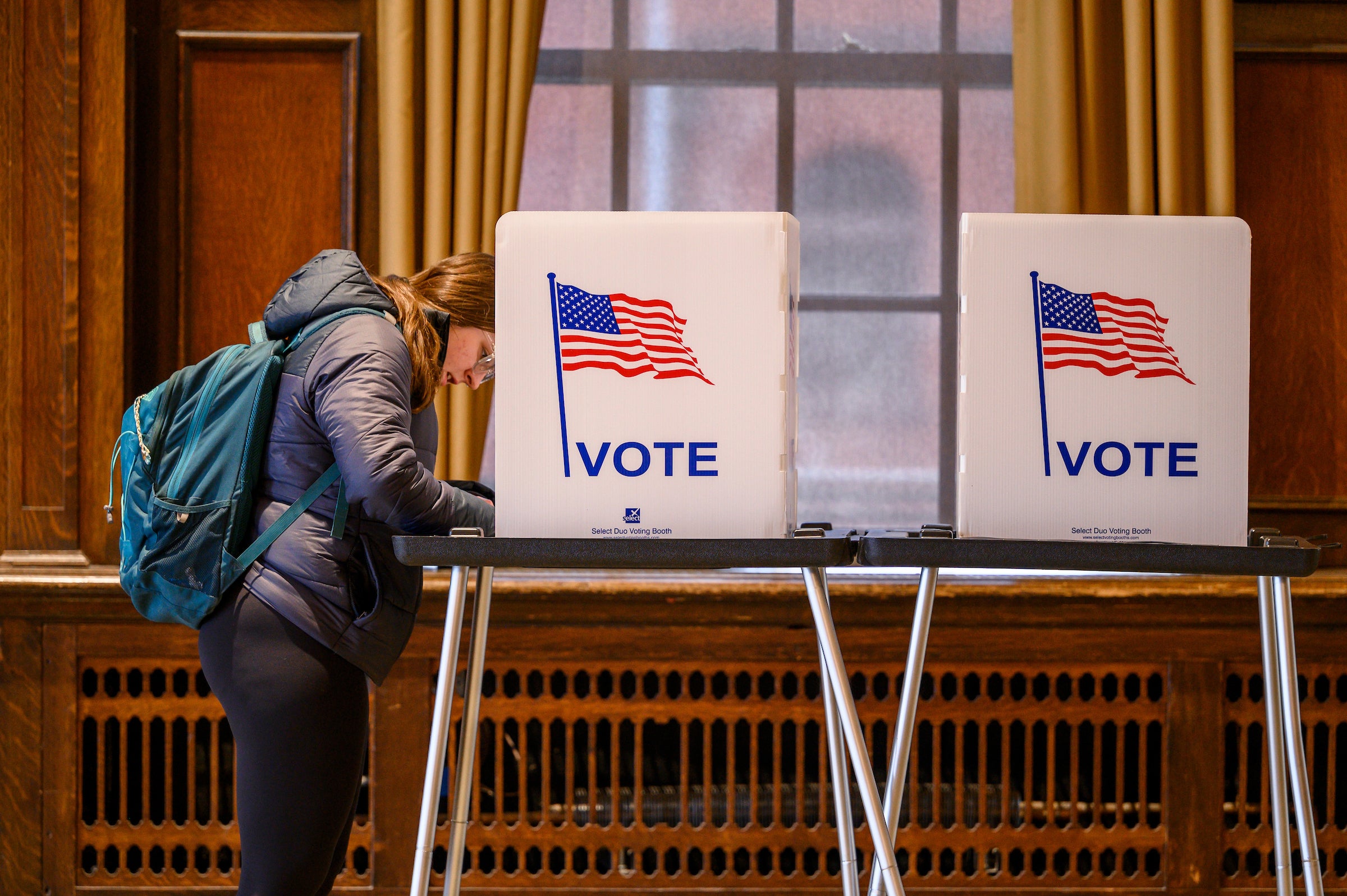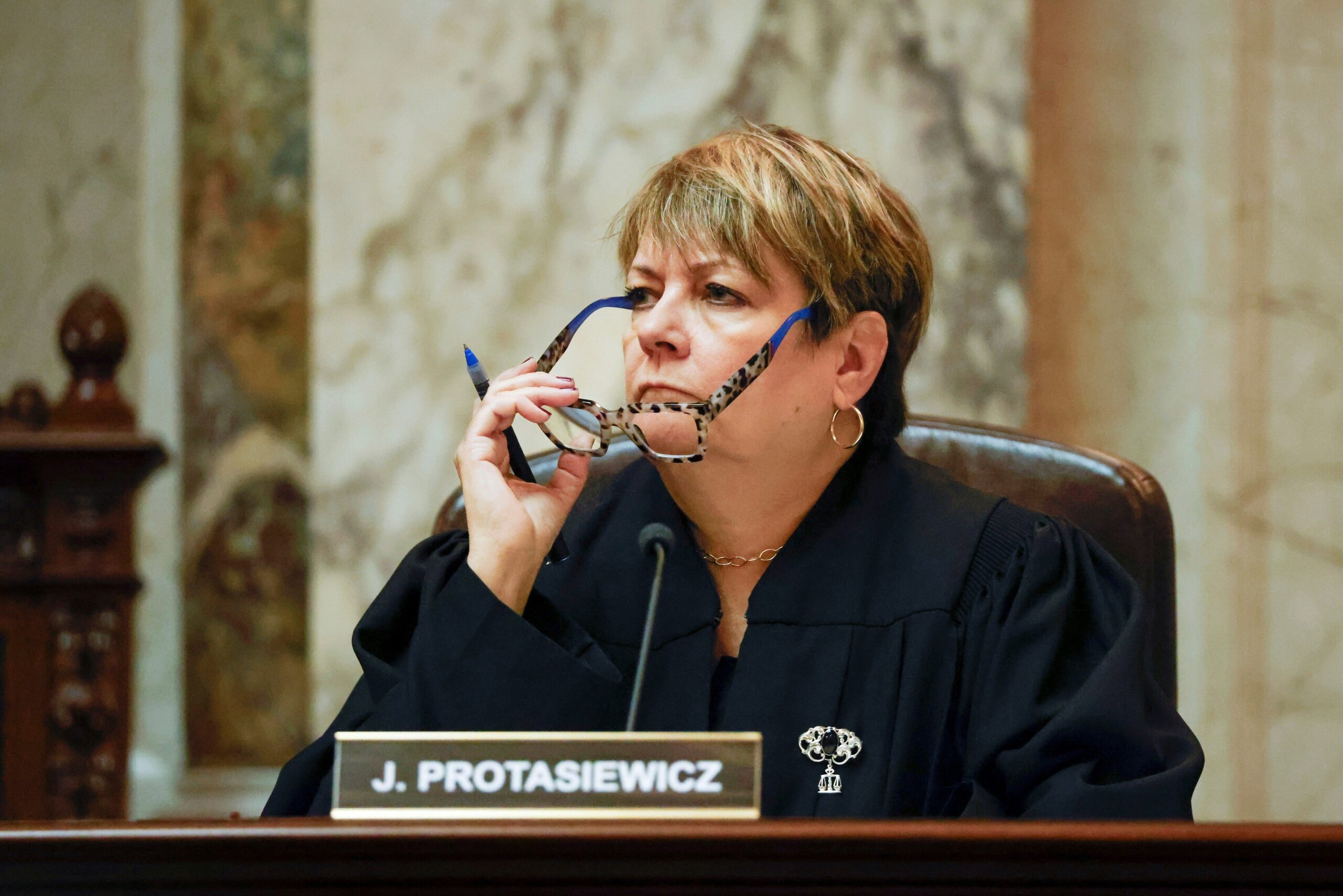Before he ran for governor, Scott Walker was a state representative and then Milwaukee County executive. While he rose through the political ranks, he was a frequent guest on conservative talk radio in Milwaukee, specifically on a morning call-in show on WTMJ Radio hosted by Charlie Sykes.
Many people in Wisconsin back then would tell you Sykes was a very influential figure in state politics. And in 2010, Sykes was firmly against accepting federal stimulus funding to build a high-speed rail line between Madison and Milwaukee. He said so frequently on his radio show.
These days, the former conservative talk radio host is on a much different path. He’s now a self-proclaimed never-Trump conservative and a contributor on MSNBC. He is also the founder and editor of The Bulwark, a conservative opinion website.
News with a little more humanity
WPR’s “Wisconsin Today” newsletter keeps you connected to the state you love without feeling overwhelmed. No paywall. No agenda. No corporate filter.
In the making of WPR’s “Derailed,” Bridgit Bowden and Shawn Johnson interviewed Sykes. They were curious to know more about his perspective on the train, then and now.
This interview has been edited for brevity and clarity.

Longtime conservative talk radio host Charlie Sykes behind the mic in Milwaukee. SAIYNA BASHIR/CAP TIMES
Shawn Johnson: Scott Walker was a state representative who kind of saw an opening in the county executive’s office. Do you remember that? What was your role in kind of getting Scott Walker into the county executive’s office?
Charlie Sykes: Well, I actually knew Scott before he was even a state representative. I actually met him before he actually ran. And then got to know him very well when he was in the state Legislature, and he was sort of a backbencher. But he was a backbencher who understood how to use the media. And he made himself available and really became a regular on conservative talk radio, including my show. I used to have a radio show and a television show, and he became a regular panelist.
One of the things that always impressed me about Scott was he was always available, he always had an opinion, and he was actually a pretty good pundit. And I’ve often said that if he didn’t have a career in politics, he would have gone on to be a talking head as a political analyst.
SJ: So 2010, do you remember how the high-speed rail issue sort of started? Was Walker on this from the get-go?
CS: OK now we’re in the distant mists of time. I don’t honestly know who raised the issue. In some ways, it was the perfect issue because for years here in Milwaukee, we had been debating light rail and a variety of other things.
Very quickly it became obvious that this was going to become a real lightning rod, that this was going to become a defining issue in this particular race. It became a symbol of wasteful, arrogant government spending that made no sense.
But this issue was one of the issues that I think catalyzed public opinion because the price tag was so large. Because the justification was getting weaker and weaker.
Wisconsin Public Radio, © Copyright 2025, Board of Regents of the University of Wisconsin System and Wisconsin Educational Communications Board.






